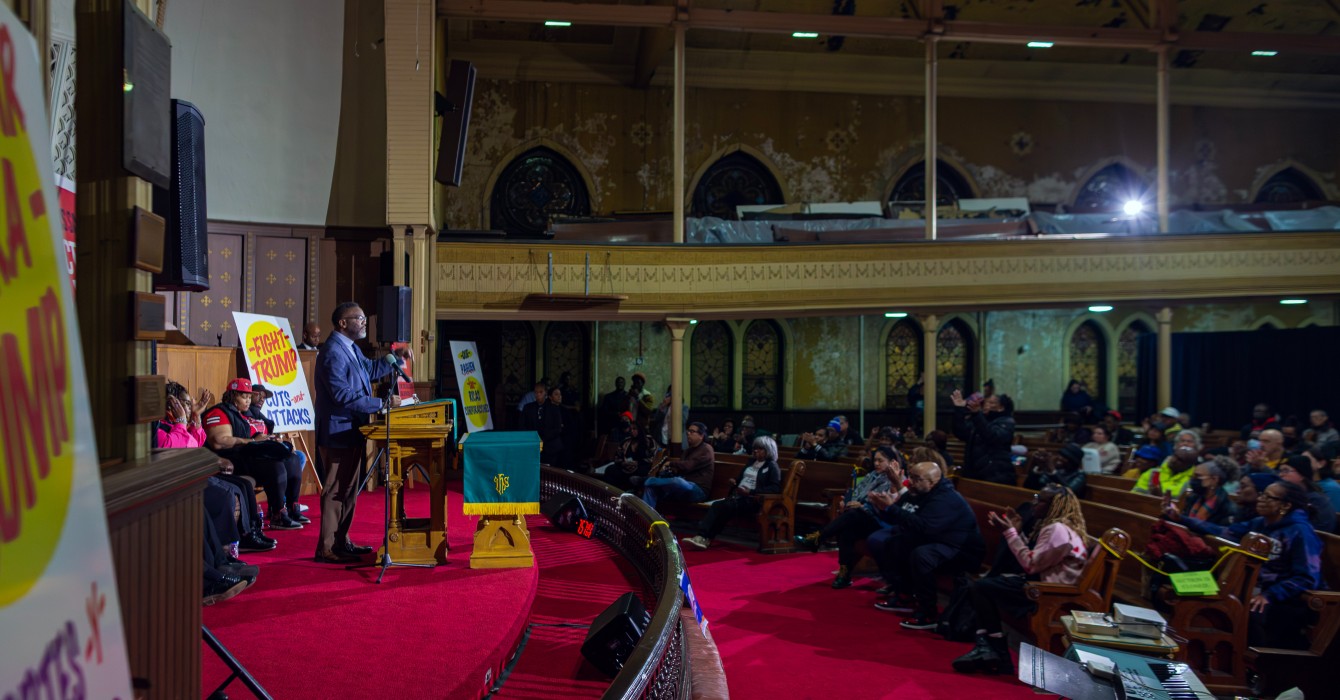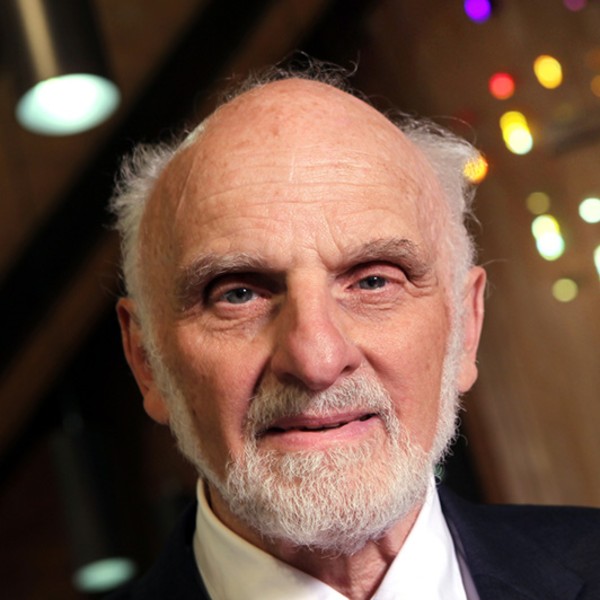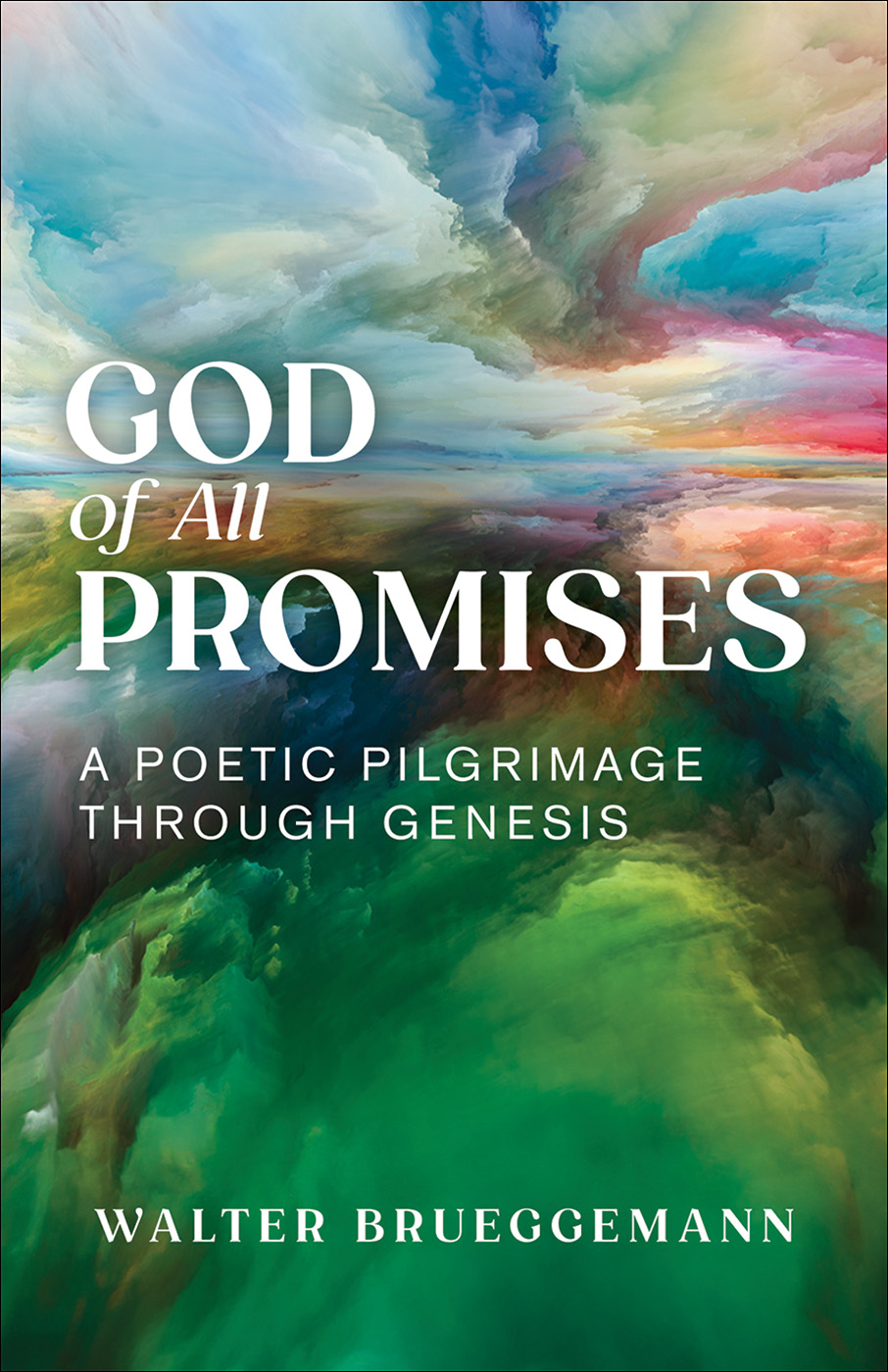It would have caused Will D. Campbell, the iconoclastic Baptist pastor and activist who died two weeks ago in Nashville at 88, no small discomfort to read what follows. But now that he is gone, I can safely state without fear of being blistered by him once again that he had much to teach those who lead Christian institutions.
A self-proclaimed “steeple dropout” and creedal cynic, Will had little use for organized religion. Yet his life and witness offer many lessons to those who have been ordained to order the life of the church and consecrated to guard and defend the church’s doctrines and traditions.
I know that to be true because I am a creature and a beneficiary of Christian institutions. And few people influenced and inspired my own understanding and practice of ministry as much as Will Campbell did.
For 40 years, Will’s friendship and mentorship taught, prodded, challenged, inspired and enriched my life and ministry as a United Methodist pastor, bishop and seminary teacher.
Every Christian institutional leader needs a gadfly, someone who will cut to the chase and help him or her stay focused on the gospel. For me, Will was that gadfly. A prophet of God’s justice, an exemplar of radical grace, he was an outsider who made me a better insider.
 I first met Will around 1974, when, shortly after being appointed to a growing suburban congregation in Knoxville, Tenn., I attended a seminar where he was speaking on “The Suburban Captivity of the Church.”
I first met Will around 1974, when, shortly after being appointed to a growing suburban congregation in Knoxville, Tenn., I attended a seminar where he was speaking on “The Suburban Captivity of the Church.”
In the early days of Vanderbilt Divinity School, Will recalled, students were required to spend a weekend on Printers Alley, a once-notorious area of Nashville that in the late 1800s had been the city’s red-light district, filled with saloons, gambling halls and speakeasies. If the students were able to survive the weekend with their morals intact, their call to ministry was confirmed.
“Hell, surviving Printers’ Alley is no validation of a call to ministry,” Will said. “The real test is this: Can you survive Sequoya Hills (an upscale Knoxville community)?”
For the next 40 years, Will’s question prodded my conscience, challenged my vision of successful ministry, and sensitized me to the sins of classism and elitism. Having grown up in Appalachian poverty, the descendant of uneducated tenant farmers and mill workers, I struggled for much of my life to overcome feelings of inferiority and insecurity.
Until I met Will, I always tried to escape and deny my heritage. To me, it was something inferior and even shameful. Will, however, motivated me to drop the pretense, to embrace the gift of my working-class roots, and to stay connected to those on society’s margins.
During a reception marking my departure as the bishop of the Nashville Episcopal Area for my new episcopal assignment in Mississippi, Will paid me the highest compliment I have ever received.
“Ken is the only bishop I have felt comfortable calling ‘Bubba,’” Will told the crowd. “Now he is going to the land of Bubbas. Forty years ago they ran me out of Mississippi. I knew this day would come. Just consider Ken’s assignment to Mississippi ‘Campbell’s revenge.’”
Will taught me that “Bubba” is not an insult but a compliment.
Will was never impressed with prominence, and he delighted in stripping away pretense from those in prominent places. He knew that all positions of privilege and power are accompanied by blind spots, and he was quick to point out the blinders of those who occupied them.
Once again, I know this because Will happily served this role for me. As the size of my congregations increased and I “moved up” the ecclesiastical and academic ladders, Will was always there to puncture whatever delusions of self-importance I might have and rip away the blinders that came with each new post.
Perhaps the greatest lesson I learned from this anti-institutional gadfly is that all institutions, including the church, bear the marks of original sin and thereby invite both divine judgment and redemption. Will persistently focused on God’s reign of justice, truth, compassion, hospitality, generosity and hope. For Will, the gospel was alive and loose in the world, especially among the outcasts and the violated, and it was there that he challenged the church to focus its attention.
Once, when I was still in Nashville, I and several others invited Will to address a gathering of religious and media leaders on the subject of religion in the media. Pastors and judicatory officials bemoaned the failure of the press to give religion the coverage they thought it deserved.
Will’s response was characteristically straightforward.
“Do something important and the media will be there,” he said. “You are so busy building your big buildings and paving your parking lots that you aren’t involved in the real issues facing this community.”
At the time, the Tennessee legislature was considering reinstituting chain gangs as a way to “get tough on crime.”
Will proposed that we all insist on being chained with the inmates as they worked along the public highways. Or, he suggested, maybe we should demand to witness the state’s next execution.
“Do that and I guarantee you will be in the news,” he said. “And you might make a difference.”
Institutions and those who lead them can easily and unwittingly fall victim to idolatry. We can easily come to believe that our identity lies in our statistical success and social prominence.
Will Campbell never assumed that God was much preoccupied with the institutional church. Rather, as he explained in his autobiography, “Brother to a Dragonfly,” the essence of the Christian message was this: “We’re all bastards but God loves us anyway.”
The man who was suspicious of creeds lived by that radical creed. The man who mistrusted institutions challenged them to incorporate into their structures and practices God’s righteousness and justice. And in so doing, he made institutions better, helping to transform them and the world in which we live.
And the man who called me “Bubba” helped me to know myself as a child of God.







